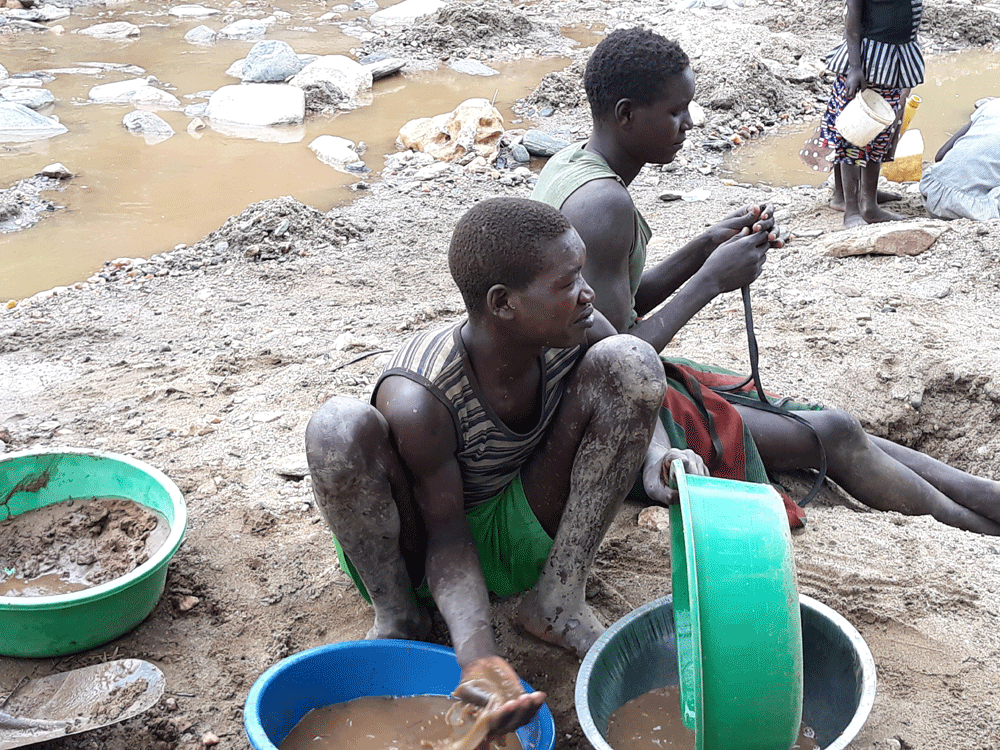Prime
Buganda Land Board is more than just a land-vending agency

Author, Mr Joseph Kimbowa is the spokesperson of Buganda Land Board.
Despite the financial strain occasioned on almost everyone by the Covid-19 pandemic, there is a good number of people determined to meet their year 2021 aspirations. Over the Christmas period, at least four people approached me inquiring whether they could purchase a plot of land from Buganda Land Board “preferably near Kampala.” They all wanted well-planned residential areas, with access roads, good schools, a secure neighbourhood and connected to national electricity and water grids.
Indeed, for the years I have worked with Buganda Land Board (BLB), I have met several people with similar needs, carrying the honest belief that Buganda’s land management agency can and should help.
This scenario reveals three things: First, many people would love to own land, but do not know how to go about it. Two, people misunderstand the mandate of Buganda Land Board and three, people trust Buganda Land Board due to a number of factors.
In the first instance, land is the most important source of livelihood either for commercial or subsistence production. So, in many cases in our traditional beliefs, for every person to be deemed to have found a purpose in life, they are expected to have acquired a plot of land and probably built a house on it. Thus the demand for small plots of 50x100 can only continue growing.
In the second instance, some people equate Buganda Land Board to the multitudes of property vending companies that usually acquire large chunks of land, sub-divide it and sell them at a profit.
One of the people that wanted a plot told me that “I don’t want to be conned by property agencies. I know many people that have fallen prey to their bad land deals.”
That brings me to the third issue, which is trust. Stories abound of people being defrauded by property agencies in the name of selling them land. They, therefore, feel safer to deal with an establishment as BLB, which has a permanent address, proper management structure and a team of professionals.
I was forced to humbly explain to these people that while BLB has the expertise and experience to serve them in that area, their cardinal mandate is far bigger than engaging in the land retail business. I informed them that when government re-instated traditional rulers through the Traditional Rulers (Restitution of Assets and Properties) Act of 1993, the Kabaka re-established BLB as managers of his estate (Olusuku lwa Kabaka), which measures up to 350 square miles.
The subsequent memorandum of understanding between the President and the Kabaka signed in 2013, returned more land to Buganda Kingdom, including land in urban centres, land for Ssaza chiefs, land for Katikkiro, Omuwanika, Omulamuzi, Nnaalinya, etc. Thus, this expanded BLB’s mandate to managing at least 1,000 square miles of land spread across Buganda. To put it into perspective, it is hard to find a land-vending agency with land bigger than one square mile.
When Buganda’s land was returned, after over 30 years in state hands, almost all of it had been occupied by people with little or no proper planning.
BLB, therefore, primarily embarked on a sanitising process, including identifying all tenants on this land, registering them, surveying for those that can afford and issuing lease titles to the interested.
Unfortunately, you will realise that most slums are found on Kabaka’s land simply because when the land was still in government hands, people would effortlessly settle on them. And since the Kabaka cannot evict people, the least BLB can do is to advise them to register and start paying nominal ground rent as stipulated by the Land (amendment) Act of 2010.
On rare occasions, through Kabaka’s chiefs and elders at grassroots, we have identified land that could be utilised for commercial purposes. For instance, the kingdom is currently overseeing the construction of low-cost houses in Ssentema where housing units are expected to be set up.
The writer, Mr Joseph Kimbowa works with Buganda Land Board.
[email protected]




